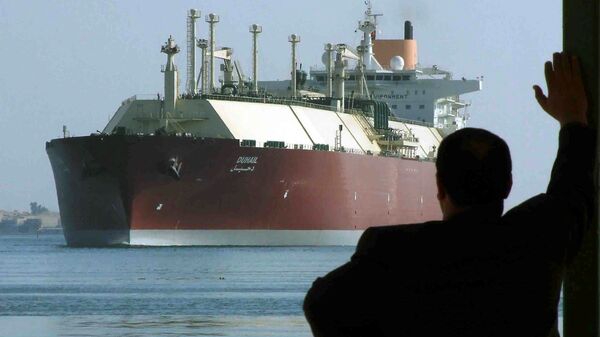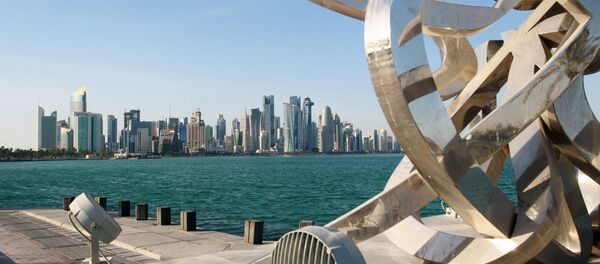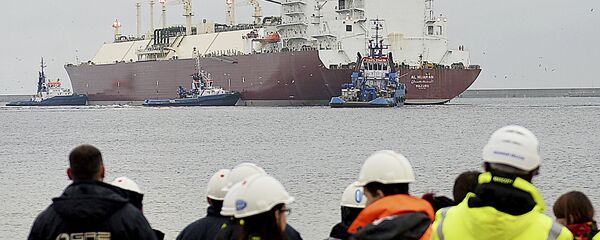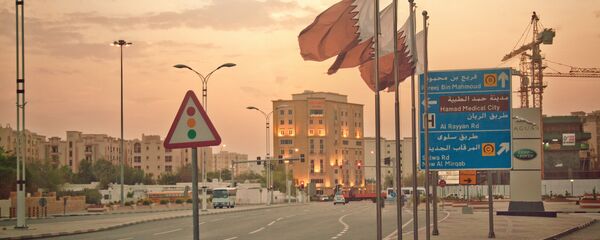No major military-political developments are excluded. Qatar's air squadrons are constantly patrolling the skies above the country while its neighboring countries severe all ties, including those between banks, and disrupt air and sea traffic.
The borders will be shut, the embassy officials will soon return to their countries; Al Jazeera, the official voice of Qatar, is forbidden across the region.
It is not an easy task to understand what has happened. At first sight, it was the remark of Qatar's Foreign Minister Sheikh Mohammed bin Abdulrahman Al Thani, which Saudi Arabia found insulting and too friendly towards Iran that might have triggered the conflict.
It was rather a sharp remark about hostile media campaigns defaming Qatar, especially active in Saudi Arabia and the US media.
Qatar’s state-run news agency also ran a story, saying the kingdom had ordered the withdrawal of its ambassadors from Bahrain, Egypt, Kuwait, Saudi Arabia and the United Arab Emirates over “tension” with the administration of US President Donald Trump.
Qatar’s Foreign Ministry later claimed that its state agency had been hacked and the emir’s statements had been forged.
Four Sunni countries, however, decided to use it as a pretext, regardless of its legitimacy, for their rapid response. It is only too clear that there are more serious reasons behind the breakup.
After Donald's Trump visit to Riyadh and his blessing of a new Sunni coalition against Shia Iran, Saudi Arabia decided that it has the right to dictate the new rules in the Persian Gulf. And, in the first place, put Qatar, the main wrongdoer, back in its place.
The accusations against Qatar of supporting terrorism look even more comical as they come from Saudi Arabia, the major sponsor and backer of the so-called Islamic State (Daesh).
In fact, Giulietto Chiesa elaborates, Qatar, throughout the years of its dynamic financial growth, has become the main sponsor of a Salafi terrorist organization, which differs ideologically from Saudi-backed Wahhabism. The Muslim Brotherhood, several units of al-Nusra Front, al-Qaeda and Palestinian Hamas have become part of this organization.
US Secretary of State Rex Tillerson said he does not expect the row to affect the fight against terrorism in the region and globally.
However the recent developments signify that the results, contrariwise, will be quite serious and will affect many.
At stake are very important interests, which go beyond the polemic "who is greater terrorist" and beyond the long-term Sunni-Shia disputes.
In fact, it is all about gas. Gas in the main source of income for Qatar, which it exports using hundreds of tankers. The recently opened huge methane deposit in the middle of the Persian Gulf, which partially lies in the territorial waters of Iran, guarantees decades of wealth and prosperity for Doha.
Thus, it is a known fact that one of the reasons for Donald Trump's warm support of the setup of an "Arab NATO" is his eagerness to control this gas field.
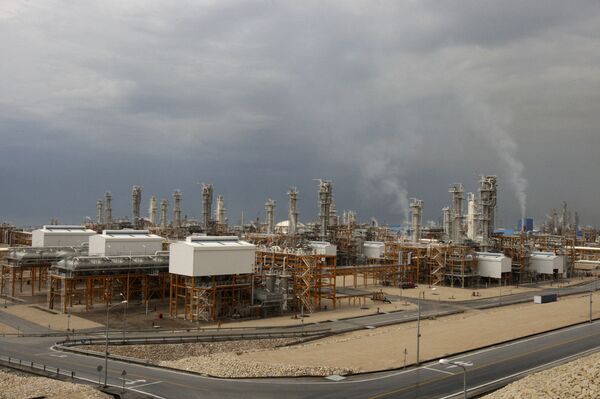
It is also no secret that one of the causes of the war in Syria was the decision of Bashar al-Assad to ban the laying of a gas pipeline on his territory, which would have transported gas through Saudi Arabia to the Mediterranean.
After the Daesh defeat in Syria, Riyadh is reviewing another variant: through Jordan and Israel. Doha could have planned to run it through Iran and Turkey, the sworn enemies of Saudi Arabia and Israel, to the Mediterranean.
That could be the very reason why Tillerson shows no signs of anxiety, though there is ground for concern. Probably Washington has already decided to pull the trigger and to do away with Emir Tamim, Giulietto Chiesa finally wondered.

